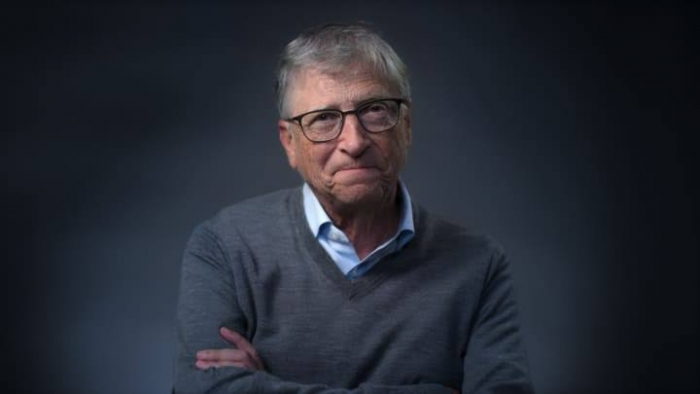Recently, I saw a video on social media that showed a public figure in a bad light. That person's voice and face were easily recognizable, so people ran with it, sending an onslaught of negativity their way.
The video was later debunked as an artificial intelligence deep fake, but by that time, thousands of hate comments had already been posted.
Misinformation like this is a major problem facing today’s young people, Bill Gates tells CNBC Make It. He’s tackled issues from climate change to poverty — yet, online misinformation has him stumped.
“Misinformation is the one where I, a little bit, had to punt and say, ‘OK, we’ve handed this problem to the younger generation,’” Gates says, adding that online conspiracies about him have even impacted his daughter.
“Hearing my daughter talk about how she’d been harassed online, and how her friends experienced that quite a bit, brought that into focus in a way that I hadn’t thought about before,” says Gates.
Misinformation is becoming more common, as technological advances like artificial general intelligence chatbots make it easier to generate and spread falsehoods quickly. AI-generated misinformation was named as the top global risk of the next two years in a World Economic Forum survey in January.
Gates says he isn’t entirely sure how to stop the spread of misinformation. He’s sensitive to the counterargument that restricting any type of information online could harm the right of free speech, yet agrees that some kinds of rules need to be established, he says.
CNBC
